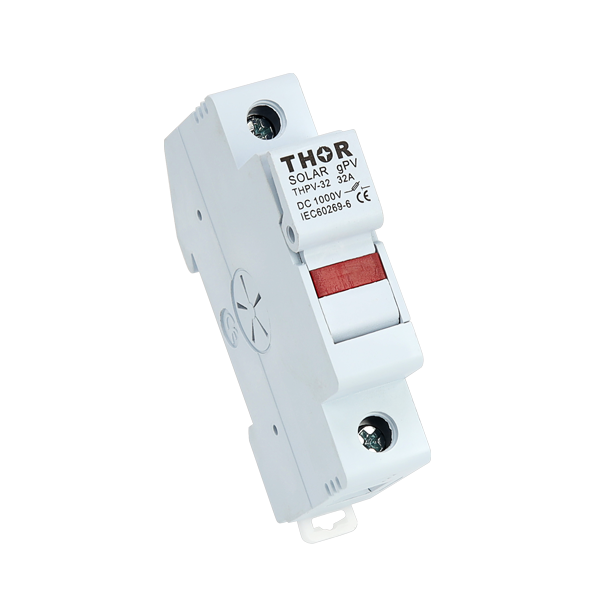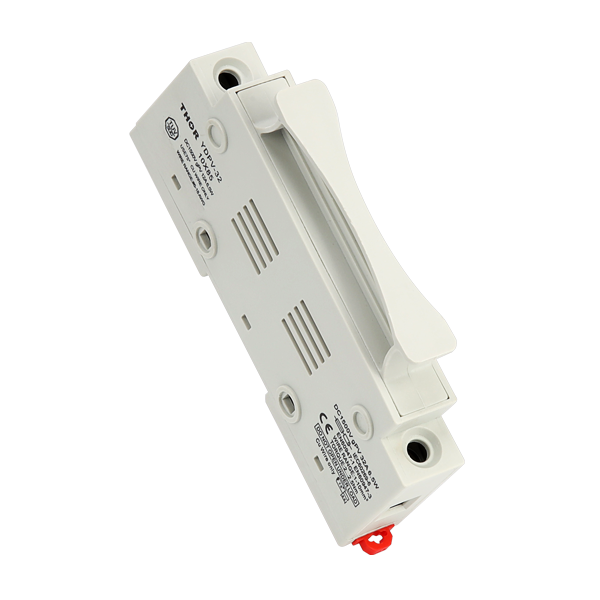Using the wrong amp fuse in an appliance can be extremely dangerous. According to data from the National Fire Protection Association (NFPA), about 20% of electrical fires each year are caused by improper use of electrical components, including incorrect fuses. If a fuse with too high an amp rating is used, the circuit may not break in time, leading to overheating of wires and potentially causing a fire. Choosing the correct fuse is crucial; you should select the fuse according to the appliance’s rated power to avoid potential safety hazards.
What is a Fuse
A fuse is an important electrical component usually installed in a circuit to protect the circuit and equipment from overcurrent damage. When the current exceeds the fuse’s rated capacity, the metal wire inside the fuse quickly melts, cutting off the circuit to prevent equipment damage and even potential fire or electric shock hazards.
According to a study by the Institute of Electrical and Electronics Engineers (IEEE), approximately 20 million electrical accidents are avoided each year worldwide due to fuses blowing. This data further underscores the critical role of fuses in electrical systems.

Why is it So Important to Choose the Correct Fuse
When designing appliances, manufacturers specify the appropriate fuse based on the appliance’s power and operating current. The fuse’s rated current (usually measured in amperes) determines how much current it can handle.
If a fuse with a too-high rating is used, the circuit may not break in time during an overcurrent situation, which could lead to wire overheating and possibly a fire. Statistics show that about 25% of electrical fires are caused by overheating, often due to the fuse failing to blow in time.
For example, if an electric kettle is designed with a power rating of 1500 watts and an operating current of approximately 6.8 amps, but a 15-amp fuse is mistakenly used, the fuse may not blow when the circuit exceeds its normal range, leading to continuous overheating of the circuit. According to a fire report from the UK government, approximately 600 fires each year are caused by overheating in similar appliances.
On the other hand, using a fuse with too low a rating can also cause problems. It may blow too early during normal appliance use, preventing the device from functioning properly. For instance, if an air conditioner’s operating current is around 10 amps, but a 5-amp fuse is installed, the fuse may frequently blow during the air conditioner’s startup due to the surge in current. According to a home appliance study, about 15% of air conditioners experienced premature fuse blowing after their first use due to improper fuse selection.
Potential Consequences of Choosing the Wrong Fuse
While many may think that selecting a fuse is a minor issue, the potential consequences can be disastrous. According to the NFPA, about 20% of electrical fires each year are related to improper use of electrical components, including fuses. Additionally, the UK’s Electrical Safety First organization reports that about 12% of household fires are related to incorrect selection of electrical protection devices.
To provide a more straightforward understanding of the issue, we can refer to a survey conducted in the European market. The study found that 75% of fire incidents caused by improper fuse selection each year result from using a fuse with an incorrect rating. These incidents not only cause equipment damage but also result in approximately 300 injuries and millions of euros in property damage.

How to Choose the Correct Fuse
Choosing the correct fuse not only protects appliances but also ensures the safety of your family. Understanding the appliance’s power and rated current is crucial in this regard. Most appliance manuals clearly indicate the recommended fuse specifications. When replacing a fuse, always follow the manufacturer's recommendations.
If you are unsure which fuse is suitable, you can consult a professional electrician to ensure the fuse you choose can adequately protect the appliance. According to a survey by the UK Electrical Contractors Association, 70% of households chose the wrong fuse because they did not seek professional advice, leading to equipment damage or more serious electrical incidents.
Fuses are not a one-time installation; regular checks of their condition are essential. This is especially important when the appliance is used frequently or in environments with significant changes. According to a survey of household appliances, about 15% of fuses show performance degradation after more than three years of use, which may cause them to fail when needed most.
